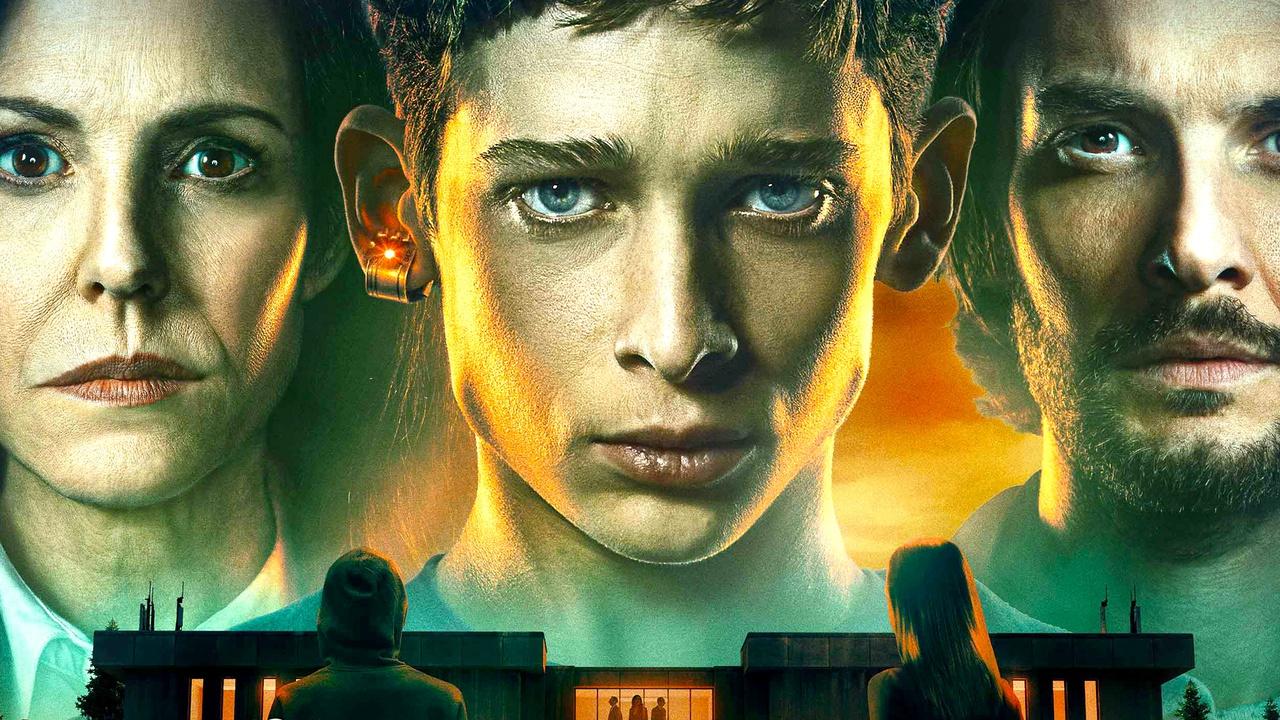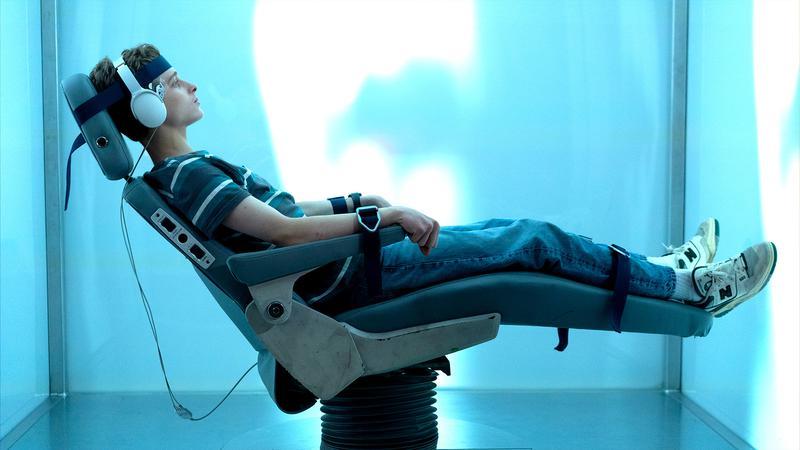
The showrunners behind MGM+'s new horror-esque series The Institute revealed that they intend to continue for more seasons if given the option. This is notable since the original Stephen King novel of the same name, on which it is based, only lasted a single book, leading many to assume that this new show would be a miniseries.
The show follows Joe Freeman's Luke Ellis, who is kidnapped by a mysterious facility called The Institute, run by the mysterious Ms. Sigsby, played by Mary-Louise Parker (who sadly won't be returning in a Weeds reboot like everyone hoped). Luke quickly learns that he has telekinetic abilities, as do many of his new fellow imprisoned roommates, which leads him to be tortured and tested. The Institute is streaming on MGM+.
The Direct spoke with executive producers (EP) Benjamin Cavell and Jack Bender in an exclusive interview, where the duo revealed that they have big plans for the show's future.
"We certainly plan to do more," Cavell told The Direct, adding that "we have these places that we want the story to go." The EP also noted how "the book ends with this suggestion that there is a much larger world and a much larger conspiracy," which is exactly "the way [they're] ending Season 1 as well."
Both of them commented on the big changes they needed to make when bringing this story from the book to the television screen. Bender confirmed that they "never wanted to make it a sadistic show," which played into why they aged most of the kids up.
"Once we found Joe Freeman, who was so terrific, we then wanted to age up the kids just a little to marry around him," Bender explained. The filmmaker elaborated on how he feels that the change "keeps the show from being a horrifying experience [yet still being able to be] horrific."
Bender made it clear that "the idea of children shall inherit the Earth, but first they have to save themselves, became a sort of touchstone" for the team.
Be sure to also check out The Direct's interviews with the cast of The Institute, where they talk about comparisons to Marvel's X-Men.
The Institute Showrunners' Plan for Multiple Seasons

The Original Book Is Only the Beginning.
- The Direct: "Is there a long-term plan here, multiple seasons? Or do we see this as limited?"
Benjamin Cavell: We certainly plan to do more. I mean, we have these places that we want the story to go. Certainly, the book ends with this suggestion that there is a much larger world and a much larger conspiracy going on than we've seen. And that is the way we're ending Season 1 as well. And yes, listen, if there is a demand for more, we certainly want to tell more. I mean, we've been talking to Stephen [King] about it. He's excited about it. And, yeah, that would be ideal.
Jack Bender: [Bender] Yeah, Stephen became an executive producer on our show, which he doesn't always do. He always has the right. And everybody wishes he will put his name on it.
Benjamin Cavell: It's really when he wants to endorse something. I mean, if you're Stephen King, you always have in your contract that if you want to be, you can be an executive producer, but he only does it when he's really behind it. And so that's that's been very gratifying. And yeah, we would love it to continue.
- The Direct: "When it came to creating this show, what were some of the key changes you both felt needed to be made as this story jumped mediums?"
Benjamin Cavell: The challenge of adapting any Stephen King is that—So much of the pleasure of his writing is the access he gives you to the deepest, darkest thoughts and feelings and desires of his characters. And so there's just an inherent challenge to taking those things that are completely internal, that the characters probably aren't telling anybody, and making them external and cinematic, so that they read on screen.
The particular challenge, well, there are a couple of particular challenges to 'The Institute.' One of them is that we made the kids slightly older, which [are] just like a couple years older than they are in the book. But one of story challenges is that, the big one that we had to make some changes to, you know, sort of figure our way through, is that the Ben Barnes character of Tim in the book is there in the first 70 pages, you're with him, and then he disappears for hundreds of pages, until Luke gets to him, and that's what brings him back into the story.
So, we had to figure out a way to integrate him into the story, to have him aware of The Institute, sort of starting to unravel the mystery of it, but also never having him step on the idea that the kids have to rescue themselves, right? That he would never become an action hero who sort of hears that kids are being mistreated and ends up riding to the rescue. So that was kind of our big overarching challenge that we had to make changes to the narrative to fit.
Jack Bender: Yeah, we never wanted to make it a sadistic show, and except for keeping Avery, who comes into it in Episode 2, 10 years old...
Once we found Joe Freeman, who was so terrific, we then wanted to age up the kids just a little to marry around him. And the fact that I think it serves a lot of purposes, it keeps the show from being a horrifying experience [yet still being able to be] horrific. You know, that's a fine line, and we wanted to walk that line.
And when I first got sent the book... [A] school shooting, had just happened, the tragedy, and I saw those kids become this political force, the ones who survived and talked to the adults and the politicians around them and literally say, you all screwed up. We know how to fix this. Get out of our way. And I thought, bingo, that's the future. There they are.
And that to me, in the idea of children shall inherit the earth, but first they have to save themselves, became sort of a touchstone for Ben and I as we started to figure out how we were going to do this, and Steven always felt the kids were the thing.
The full video interviews, alongside conversations with the cast, can be viewed below:












